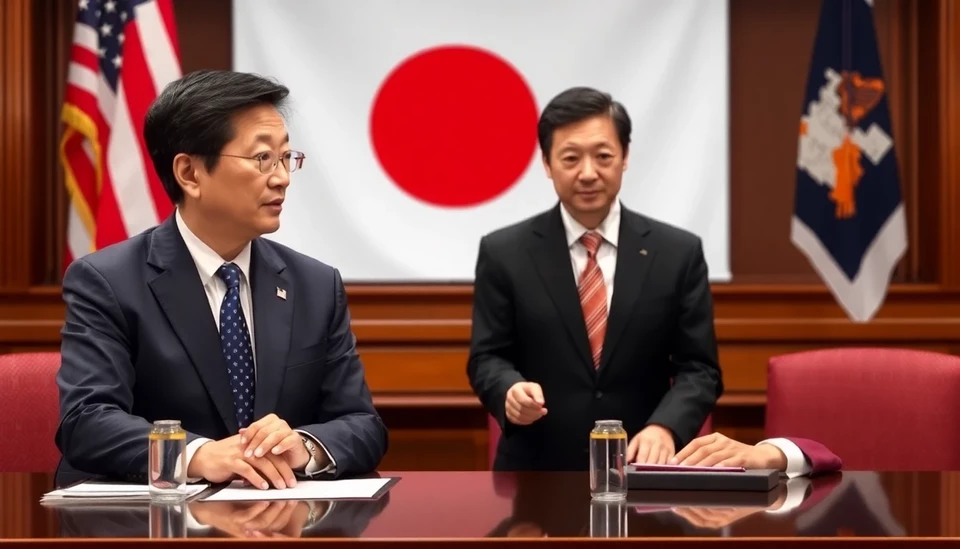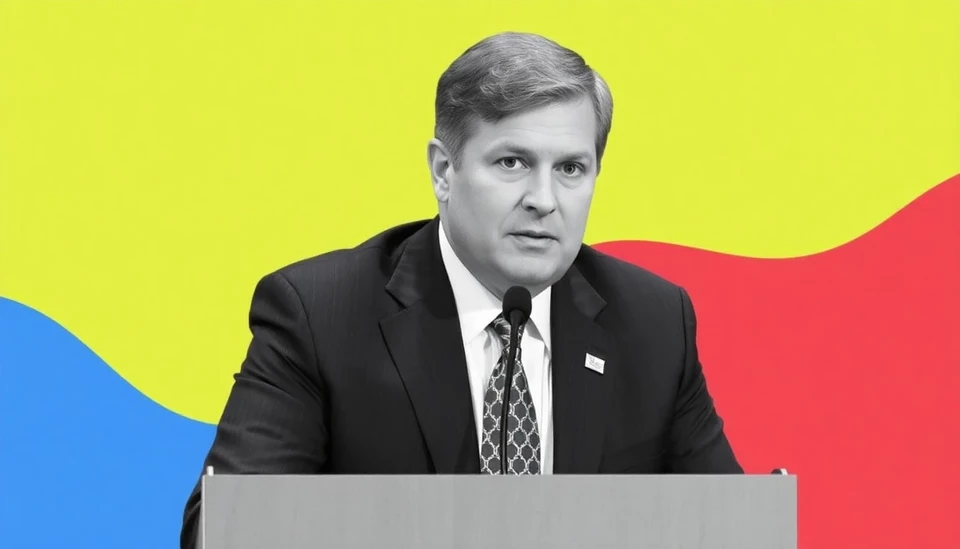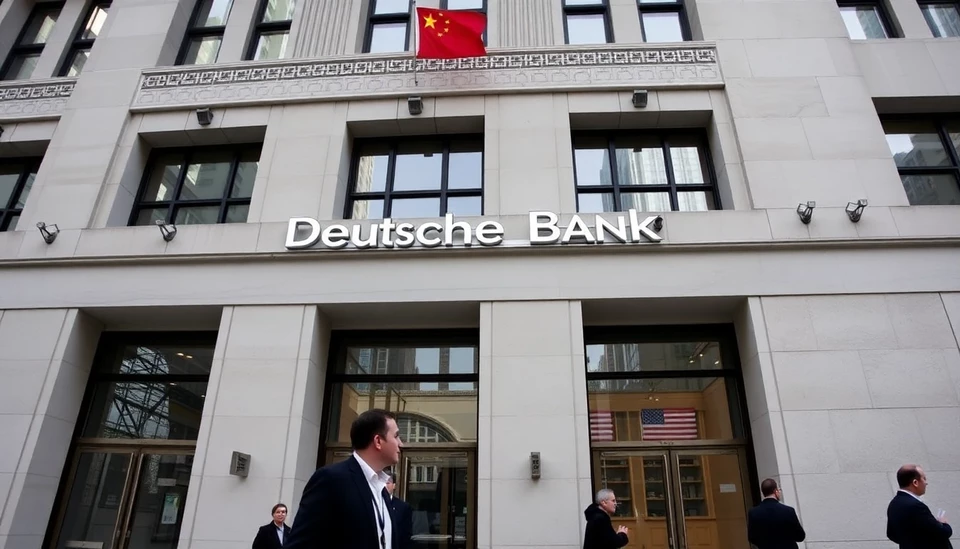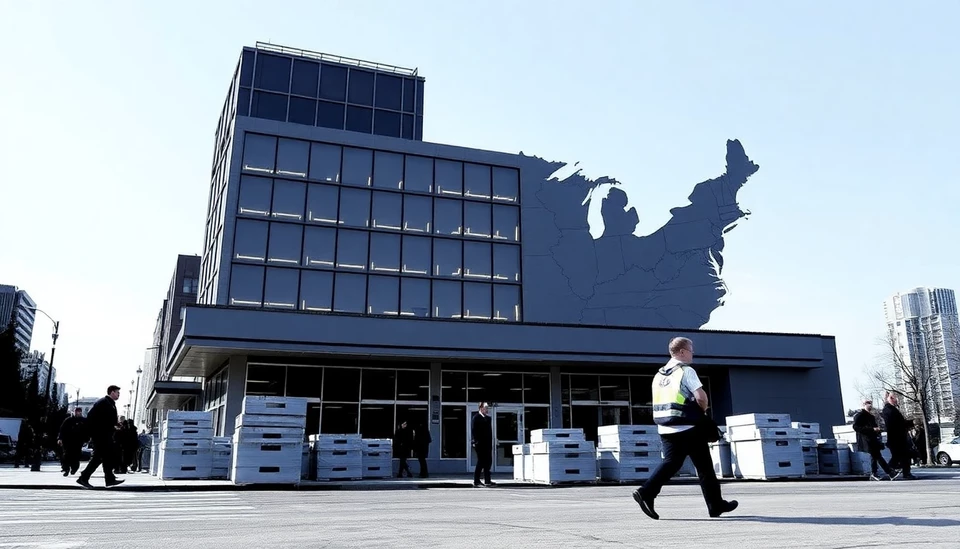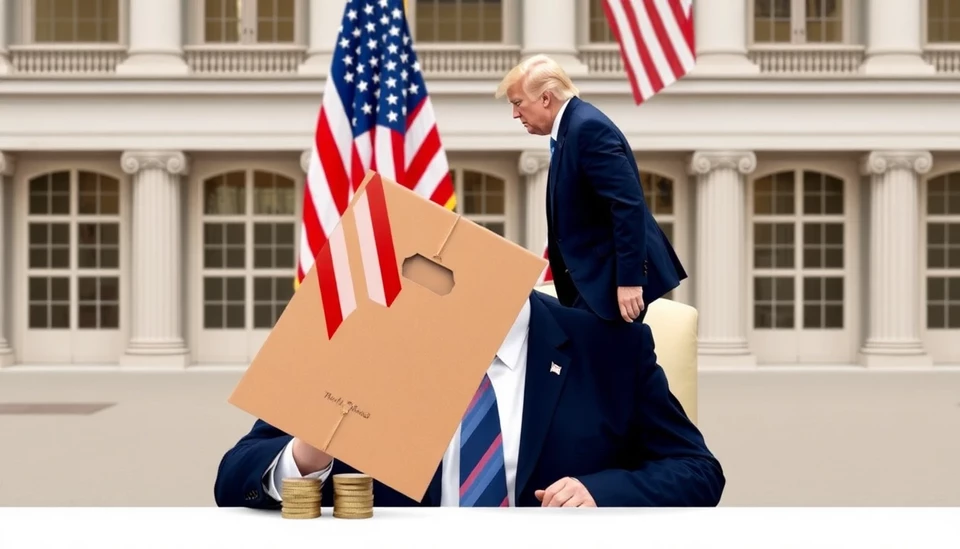
In a surprising move that has stirred both excitement and skepticism in the economic community, former President Donald Trump’s recent pivot on several key policies has prompted U.S. economists to reconsider the potential for a downturn. The uncertainty surrounding these changes, coupled with existing economic pressures, has led experts to assert that the risk of recession remains alarmingly high.
Trump, who has been an outspoken critic of the current administration's economic policies, has outlined a new agenda that focuses on tax cuts and deregulation. While these strategies resonate with his base and aim to stimulate growth, many economists are voicing concerns that such shifts could exacerbate existing vulnerabilities in the economy.
Key factors contributing to the heightened risk of recession include rising inflation rates, tightening monetary policy from the Federal Reserve, and global supply chain disruptions that continue to echo post-pandemic. Economists have noted that while Trump's proposed changes might invigorate certain sectors, they could also lead to long-term instability if not managed cautiously.
Furthermore, analysts have highlighted the ongoing geopolitical tensions and their potential impact on economic confidence. With challenges ranging from international trade disputes to volatile energy prices, the landscape remains treacherous. Even with the introduction of stimulating policies, the question lingers: will this be enough to avert an economic downturn?
Many experts are cautious about the short-term effects of the proposed policy shifts, arguing that although they may provide immediate relief, they could trigger adverse reactions in the market and among consumers. The delicate balance between stimulating growth and maintaining economic stability poses a significant challenge for policymakers.
The economic forecasts released by several leading institutions underscore this concern, as growth projections have been revised downward in light of these developments. The consensus among economists is that without prudent fiscal management, the United States could find itself teetering on the brink of recession by the end of the year.
As the political landscape evolves with Trump’s renewed influence, observers will closely monitor the implications of his policy changes on the broader economy. Stakeholders from various industries are advised to brace themselves for potential instability, preparing for both opportunities and challenges that may arise in the coming months.
#USEconomy #RecessionRisk #TrumpPolicy #EconomicStability #InflationConcerns
Author: Rachel Greene
